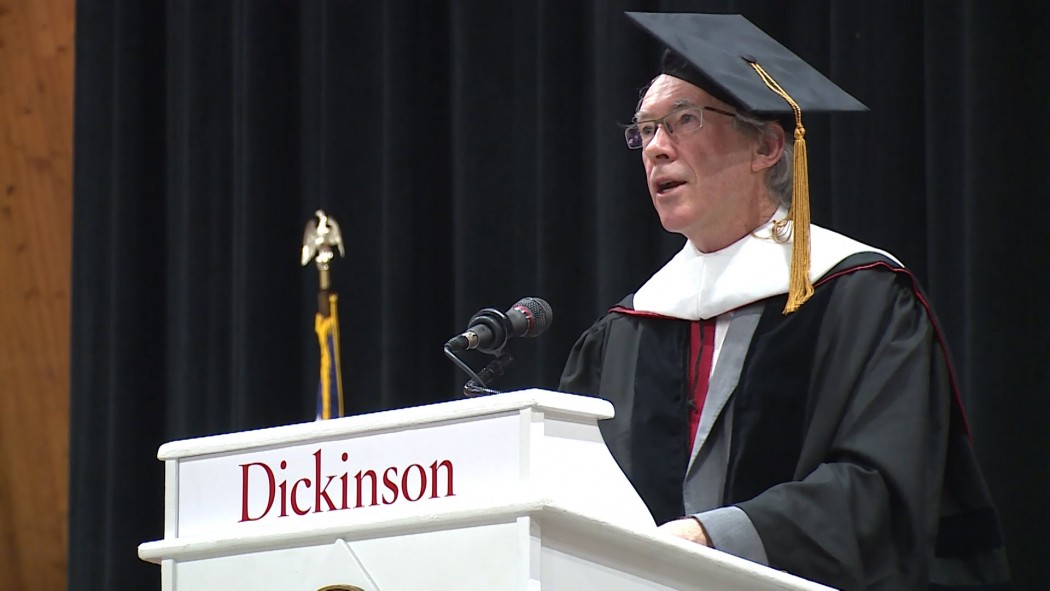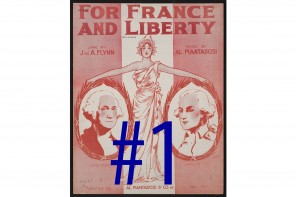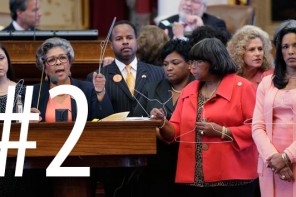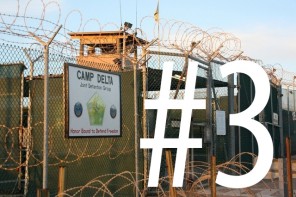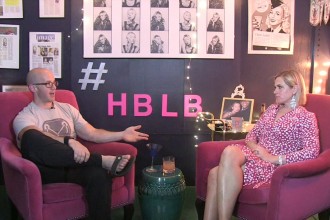Ian McEwan’s commencement address at Dickinson College encouraged students not to hide behind a cloak of uncomfortableness. The author of acclaimed novels “Amsterdam” and “Atonement,” among others, told graduates:
“Wendell Holmes’s hypothetical ‘shouting fire in a crowded theatre’ is still relevant. But it can be a little too easy sometimes to dismiss arguments you don’t like as ‘hate speech’ or to complain that this or that speaker makes you feel ‘disrespected.’ Being offended is not to be confused with a state of grace; it’s the occasional price we all pay for living in an open society. Being robust is no bad thing. Either engage, with arguments – not with banishments and certainly not with guns – or, as an American Muslim teacher said recently at Friday prayers, ignore the entire matter.”
McEwan reminded us that from free speech comes all other freedoms, and that nothing we’ve come to value in our democracy was easy or done by one person but rather the collaboration of ideas and great debates is how progress is made.
“Campus intolerance of inconvenient speakers is hardly new. Back in the sixties my own university blocked a psychologist for promoting the idea of a hereditable component to intelligence. In the seventies, the great American biologist EO Wilson was drowned out for suggesting a genetic element in human social behaviour. As I remember, both men were called fascists. The ideas of these men did not fit prevailing ideologies, but their views are unexceptionable today.”
Free Speech’s natural ability to bring about awkward moments and topple governments means it’s not short on enemies and deserves our protection.
“Always under attack. Never convenient. Voltaire: ‘I disapprove of what you say, but I will defend with life your right to say it.’ Across almost the entire Middle East, free thought can bring punishment or death, from governments or from street mobs or motivated individuals. The same is true in Bangladesh, Pakistan, across great swathes of Africa. These past years the public space for free thought in Russia has been shrinking. In China, state monitoring of free expression is on an industrial scale. To censor daily the internet alone, the Chinese government employs as many as fifty thousand bureaucrats – a level of thought repression unprecedented in human history.”
We liked McEwan’s address and it made us think a little more about Louis CK’s SNL monologue, which received backlash because it made people uncomfortable. This concept of free speech as an acceptance of both the right to say what you think as well as the impetus to force yourself to listen to ideas you don’t necessarily agree with deserves our consideration. Though we think Christopher Hitchens really nails the topic here. After talking with New York Times best selling author and super negotiator, Doug Stone in our News Hut, we agreed you have the right to say what you want, but we also have the right to say we don’t like you.


